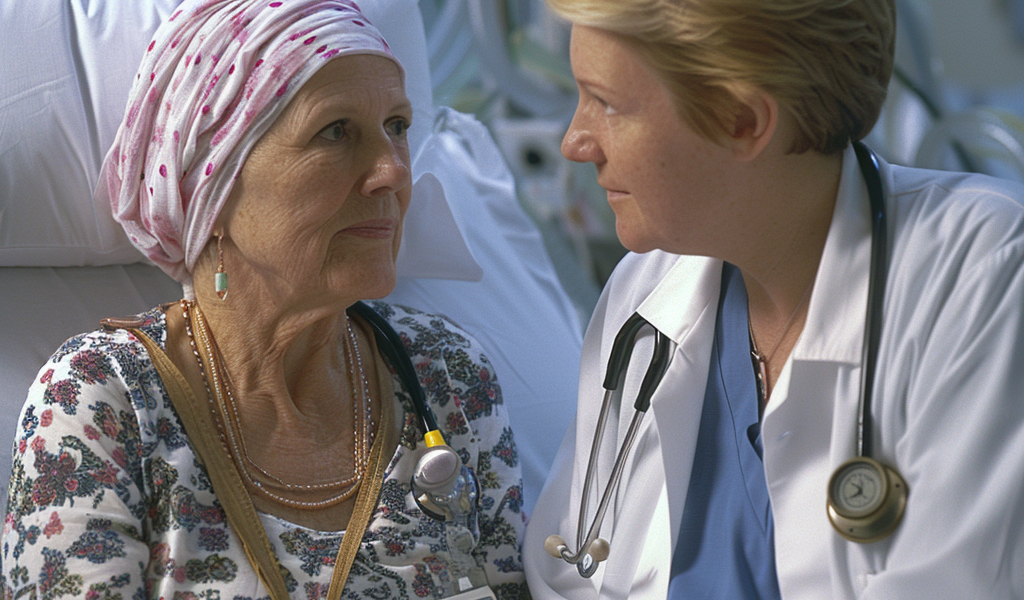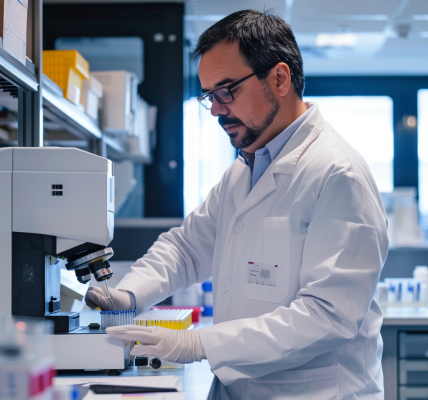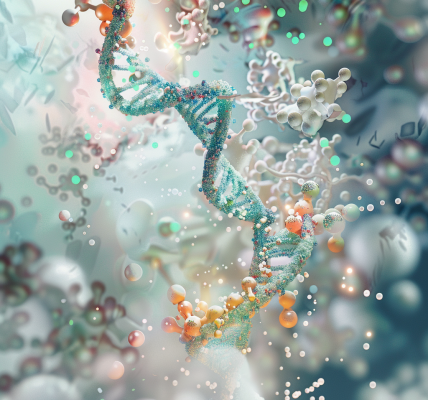Modifying chemotherapy treatment can improve the lives of older people with cancer, according to a new study published in JAMA Network Open. The research, led by the University of Rochester Medical Center’s Wilmot Cancer Institute, found that standard chemotherapy regimens, designed for younger and healthier patients, can be more harmful to older individuals with cancer who often have other health conditions.
The study focused on how well older people tolerate chemotherapy and revealed that modifying the amount and schedule of chemotherapy for older patients with advanced illness can significantly enhance their lives without compromising treatment goals. More than 30 percent of patients benefited from modified treatment regimens, allowing them to avoid toxic side effects and maintain their ability to perform daily activities independently.
Dr. Mostafa R. Mohamed, MD, PhD, and Dr. Supriya G. Mohile, MD, MS, led the study, analyzing data from over 600 participants aged 70 and above who took part in the national clinical trial known as GAP70. Nearly half of the GAP70 participants received modified treatment regimens, which deviated from the National Comprehensive Cancer Network guidelines or published clinical trials. The most common modifications identified were lower doses and altered chemotherapy schedules.
Compared to patients receiving standard treatment regimens, those with modified treatments experienced a 15 percent reduced risk of serious clinician-rated toxic effects and a 20 percent reduced risk of patient-reported functional decline. Furthermore, patients with modified treatment regimens had 32 percent lower odds of experiencing a worse composite adverse outcome, indicating that the treatment modifications did not compromise efficacy.
This study sheds light on the importance of personalized chemotherapy treatment for older people with cancer, highlighting the potential to improve their quality of life by tailoring treatment regimens to their specific needs and health conditions.





